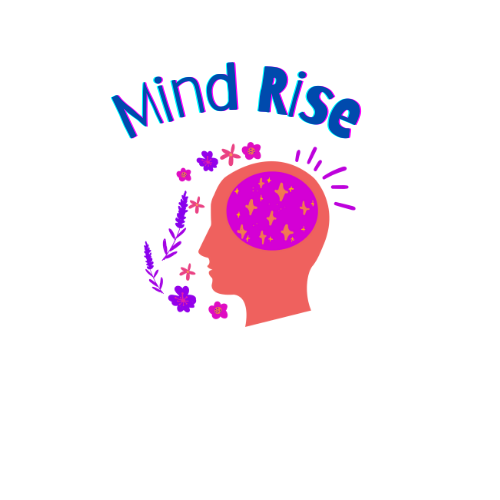
Goal Setting
Key Takeaways
- Set SMART goals for clarity and focus.
- Utilize various tools to track and manage your goals.
- Regularly review and adjust your goals to stay on track.
- Stay motivated by celebrating small achievements.
Goal setting is a crucial step in turning your dreams into reality. It provides direction and motivation, helping you to focus your efforts on what truly matters. Whether you are looking to improve your personal life or advance your career, effective goal-setting strategies can make all the difference. In this article, we will explore the best practices for setting goals, the tools available to assist in your journey, and tips for maintaining motivation.
Understanding Goal Setting
At its core, goal setting is the process of identifying specific objectives you wish to achieve and outlining a plan to reach them. Goals can be categorized into several types, including:
- Short-term goals: Achievable within a few days or weeks.
- Medium-term goals: Targeted for completion within a few months.
- Long-term goals: Often take years to achieve.
The SMART Criteria
To ensure your goals are effective, consider applying the SMART criteria:
- Specific: Clearly define what you want to achieve.
- Measurable: Quantify your goal to track progress.
- Achievable: Set realistic objectives.
- Relevant: Ensure your goals align with your values.
- Time-bound: Set a deadline for your goal.
Effective Strategies for Goal Setting
Implementing effective strategies can enhance your goal-setting process. Here are some methods to consider:
- Write Down Your Goals: Documenting your goals solidifies your commitment.
- Break Down Goals: Divide larger goals into smaller, manageable tasks.
- Visualize Success: Create a vision board to visualize your goals.
- Set Reminders: Use planners or digital tools to remind you of deadlines.
- Stay Accountable: Share your goals with a friend or mentor for support.
Goal-Setting Tools
Utilizing goal-setting tools can streamline your journey. Here are some popular tools to consider:
| Tool | Description |
|---|---|
| Productivity Planners | Planners designed to help you prioritize tasks and track progress. |
| Mindfulness Tools | Tools that encourage reflection and focus on your goals. |
| Success Journals | Journals tailored for tracking your achievements and challenges. |
| Time Management Gadgets | Devices that help you manage your time effectively. |
| Motivational Books | Books that inspire and provide strategies for achieving your goals. |
Visual Goal Setting

Staying Motivated
Maintaining motivation can be challenging, but it's essential for reaching your goals. Here are some tips to keep your spirits high:
Tips for Beginners
- Start small: Choose an easy goal to build confidence.
- Celebrate victories: Acknowledge your progress regularly.
- Surround yourself with positivity: Engage with supportive people.
- Stay flexible: Adapt your goals as necessary based on your journey.
Reviewing Your Goals
Regularly reviewing your goals is crucial for success. Consider setting aside time weekly or monthly to assess your progress:
- What has been working well?
- What challenges have you faced?
- Are your goals still relevant to your current situation?
Adjusting Your Approach
Donât be afraid to adjust your goals if circumstances change. Flexibility can lead to better outcomes and prevent frustration.
Conclusion
Effective goal setting is a powerful tool for personal and professional growth. By using the SMART criteria, employing strategic approaches, and utilizing helpful tools, you can chart a clear path towards your objectives. Remember to stay motivated and flexible in your journey, and don't hesitate to revisit and revise your goals as needed.
Pros
- Provides clear direction and focus.
- Encourages accountability and motivation.
- Facilitates personal and professional growth.
- Helps in tracking progress effectively.
Cons
- Can be overwhelming if goals are too ambitious.
- May lead to frustration if progress is slow.
- Requires regular review and adjustment.
Get Started on Your Goal-Setting Journey
Are you ready to take charge of your future? Explore our goal setting kits and other resources to help you stay on track and achieve your aspirations!









